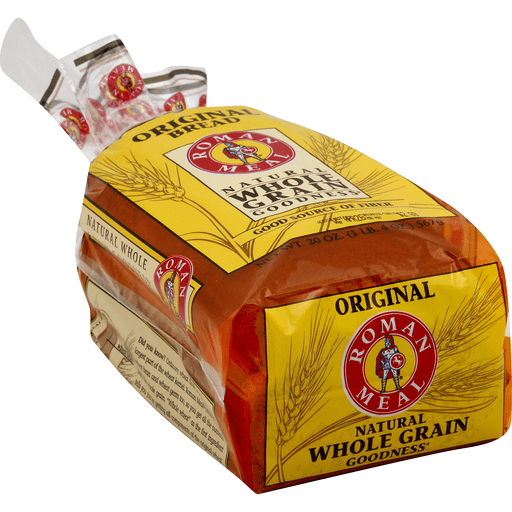The Feast of Ralph

The dinner guests lounged on their sides, their mouths stained with the grape. They speculated on the auguries and debated the good of the senate. The boasted of their grain and their war spoils. They praised their gods who had brought them this feast, and all their good fortune.
They were a classroom full of sixth graders.
That was the year we learned Ancient History, but in those days that meant a quick dash from Lascaux to the Roman Republic. Our book had chapters on Chinia and India; our teacher ignored them. Focusing on Rome, we worked toward summer in a fever of idolatry. In the last week of school, most classes were going to have a pizza party.
“We’re going to do something different,” our teacher told us. “We’re going to have a Roman feast.”
We signed up to bring something and she told us to bring a white bedsheet to class. When we came in on our last day, she taught us to tie a toga. Plenty of our number had a pattern of Laura Ashley flowers or a pale blue stripe in the drapery over our t-shirts and shorts, but the effect was striking.
We had given her our provender when we came to school that morning, and she had arranged for space in the cafeteria fridge to keep iit all cold in preparation for this. Clearing the classroom, we pushed the desks to the walls and laid down on our sides to admire the feast, as we believed the Romans would do.
The list had held all the usual suspects: bread (Roman Meal wheat bread, purportedly made from grains eaten by real Roman soldiers), olive oil, cheese (the kind that kids will eat), briny olives along with the embarassment of riches in fruit all Californians enjoy, and a few gallon jugs of Ralph’s store brand fruit punch.
To this, our teacher added a few challenge foods for those who would try them: stuffed grape leaves and fermented fish sauce.
Expecting to hear disappointment from my friends, Romans, countrymen that we weren’t having Pizza Hut, I was delighted when we all excitedly dove in. I saw a few kids eat their first ever olive. My Vietnamese classmate conviced his friends to try fish sauce. Undaunted, many kids dipped their bread in oil and combined things willy-nilly. It was a jovial, decadent atmosphere. Our teacher encouraged us to try and talk about the things the Romans loved: roads, aqueducts, democracy.
But it was Sal, the class clown, who stood and raised his arm like a statue to proclaim to us that we should thank our gods for this bounty.
Children who had the misfortune to live before the vast correspondences and attributes of Pokémon had the gods of the ancient world to memorize. We reeled off their names: thank you Ceres for this bread, thank you Minerva, goddess of olives. Blessed be Aristeus for this cheese and also honey, and we thank you Neptune for all the fishes in this sauce.
Sal, raising each thing in turn as we blessed it and shoving it in his mouth, raised his cup of fruit juice to wash it down.
“We have to thank Bacchus!” Someone called it out, because we certainly pretending to have wine in our plastic stemware.
“It’s not wine, fool.” Sal took a big gulp. “But some of it is grape juice, probably.”
Looking each to each, we children tried to decide. Was it right to thank Bacchus, or could we shed our pretense and out togas and go back to being children? The sun was setting on our empire; next year we would be strangers in the strange land of junior high.
Better to thank the gods that brought you than the ones you haven’t met yet.
Sal snatched up the half-red plastic jug and shook it, generic grocery label bearing the name we sought: “Thank you to Ralph, the god of fruit punch!”
Laughing and sated, we cleaned up and put our chairs back. We said our goodbyes. We watched the fall of Rome, and we waited for the next set of gods to take their place in our pantheon.